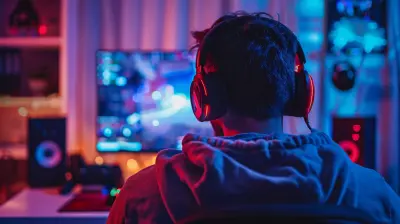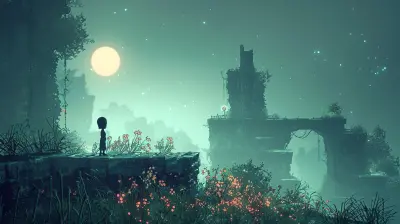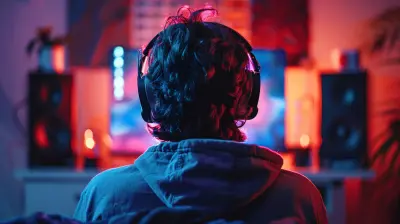The Power of Gaming Communities in Shaping Trends
11 September 2025
Let’s be real here—it’s not the developers or the big-name publishers alone who steer the gaming world anymore. Sure, they set the stage, write the code, and roll out the updates. But who’s really calling the shots these days? That’s right—the gaming communities.
Yep, those lively forums, Discord servers, Reddit threads, Twitch chats, and meme-filled Twitter timelines are not just where people hang out post-match. They're the real MVPs transforming how games are played, talked about, and even created.
Buckle up, because we’re diving into the pixel-powered universe where gaming communities don their capes and shape trends like it’s their full-time job (sometimes, it literally is).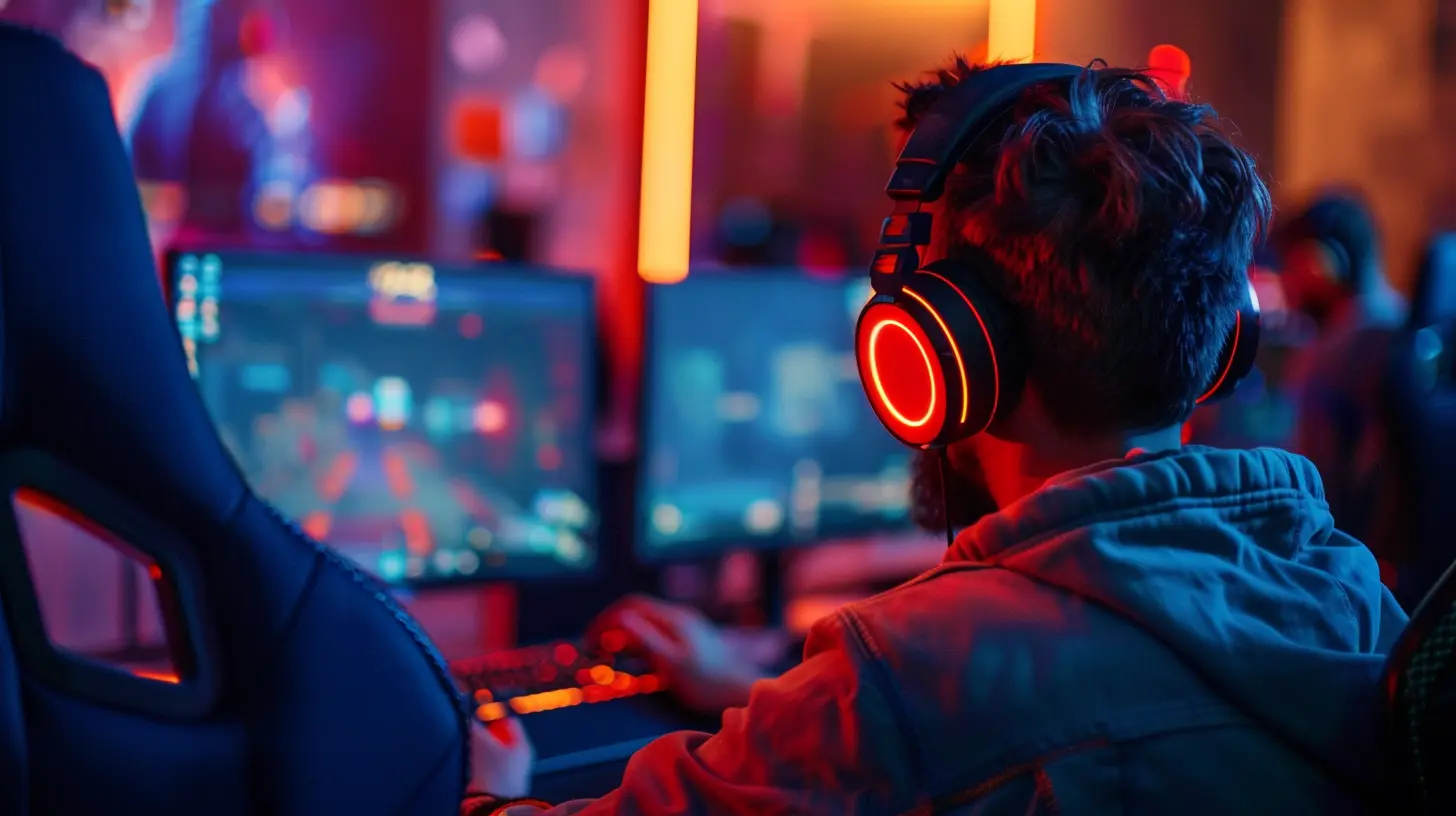
🎮 What Even Is a Gaming Community?
Before we go full turbo mode, let's get on the same page. A gaming community is basically a group of people (a few dozen to millions!) who share a passion for a specific game—or gaming in general. These communities hang out online or in real life, trade tips, rage about nerfs, share wacky screenshots, and sometimes, collaborate to break the game in the most hilarious ways.From old-school message boards to high-octane Twitch streams, gaming communities are everywhere. But more than hanging out, they’ve become influential powerhouses.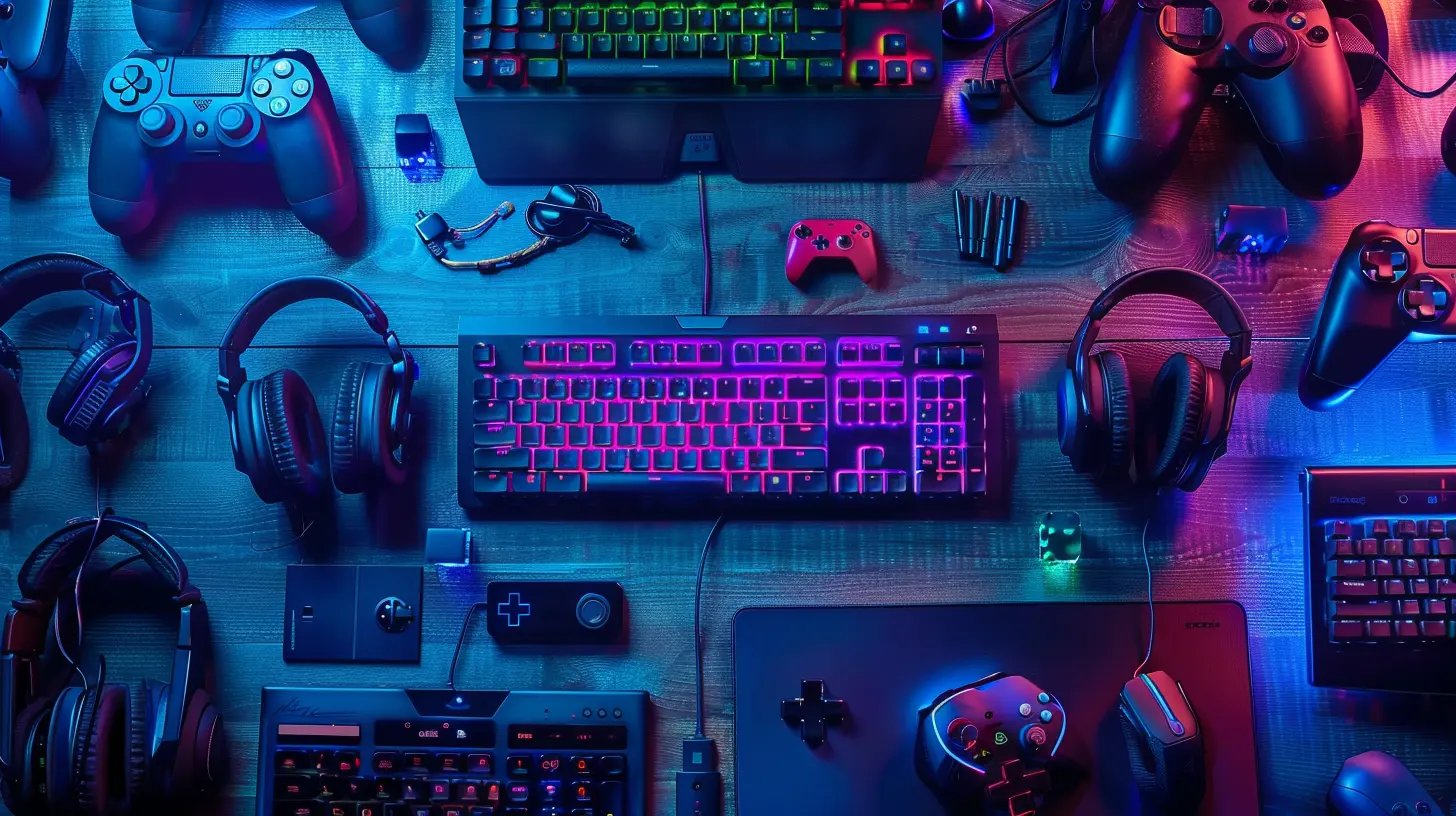
🚀 The Pulse of the Industry
You know how fashion has influencers and music has tastemakers? Gaming’s equivalent is its community. Developers often rely on community feedback to improve mechanics, patch bugs, or even shape upcoming content. And it’s not just feedback—it’s the memes, mods, and fan theories that stir the pot and keep things spicy.Ever heard of Among Us before 2020? Probably not. It slipped under the radar in 2018 until streamers and their fans turned it into a global phenomenon. Yep, the community quite literally resurrected that game. That’s the power we’re talking about.
🔧 Mods: The Community’s Creative Playground
Mods might be short for modifications, but what they really stand for? Magic.From Skyrim to Minecraft, modding communities have transformed games into something entirely different from their original versions. Think of them as artists with a paintbrush made of code.
- The modded versions of Minecraft led to entire gameplay genres (hello, Skyblock and Pixelmon).
- Stardew Valley’s wholesome community made the game even more heartwarming with an avalanche of visual mods, quality-of-life improvements, and fan-created content.
- Then there’s Skyrim...where you can replace dragons with Thomas the Tank Engine. Terrifying? Yes. Iconic? Also yes.
These mods often trend across social platforms, drawing new players and breathing fresh life into older games. Developers pay attention, too—some mods have inspired official updates or even sequels.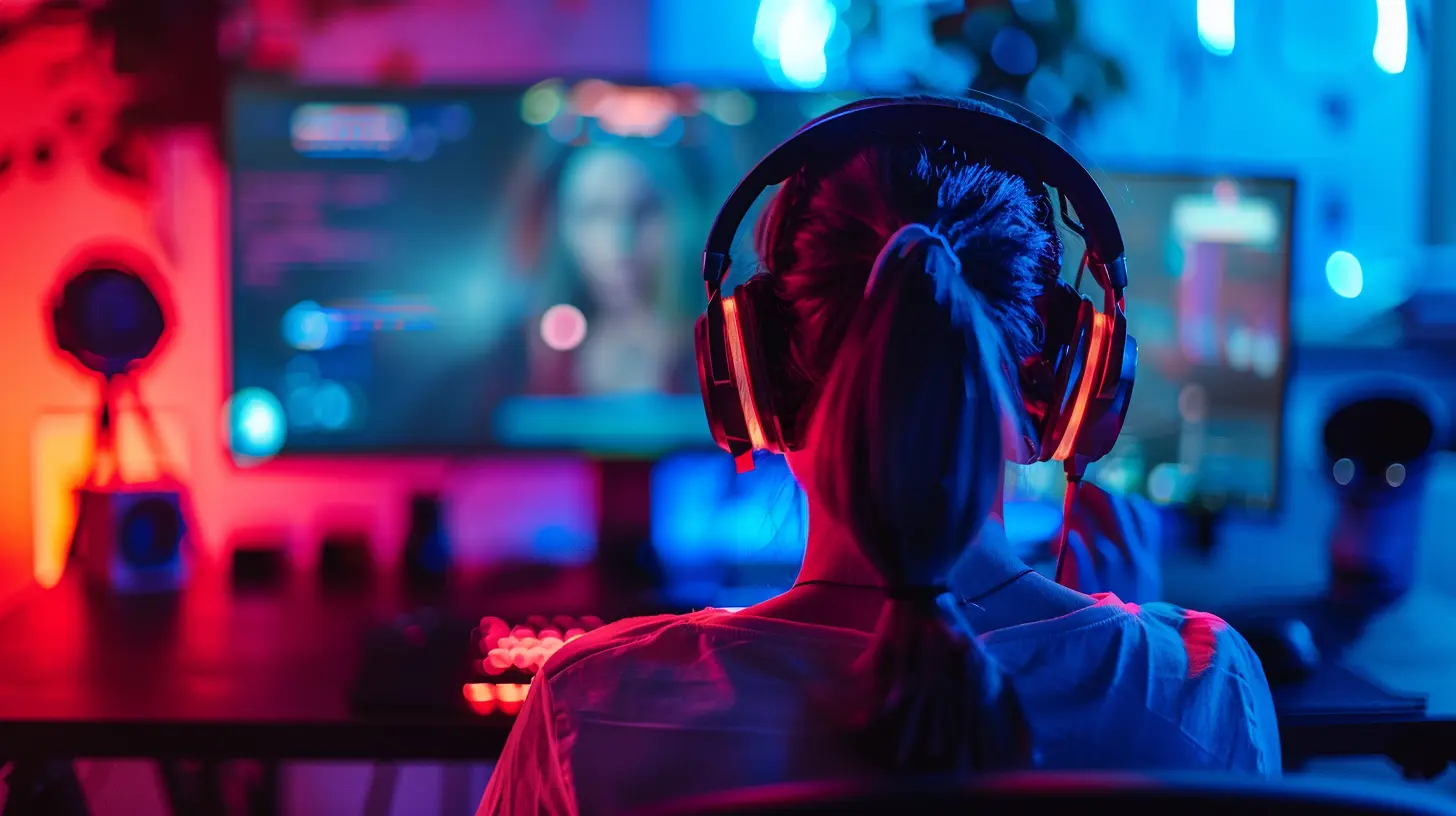
🎥 Streamers & Content Creators: The Game Changers
You can’t talk about gaming trends without giving a shout-out to content creators. Whether it’s Twitch streamers, YouTubers, or TikTokers, these folks are the lifeblood of community engagement.They don’t just play games—they showcase them, break them, meme them, and sometimes, launch them into viral stardom.
Think about how:
- Fortnite blew up with the help of Ninja’s streams.
- Elden Ring became binge-worthy thanks to the "can I beat this boss with a jellyfish" videos.
- Phasmophobia trended through hilarious multiplayer horror moments on YouTube.
Creators are the town criers of gaming kingdoms—except they’ve got RGB setups and millions of followers.
💬 Forums & Feedback: Where Trends are Born
Gaming communities don’t just consume content—they actively shape it.Places like Reddit (r/gaming, r/leagueoflegends, r/games), game-specific Discourse forums, and Discord servers are the digital roundtables where players drop their hottest takes. When enough people rally around an idea? Developers often listen.
Some examples:
- No Man’s Sky turned around a rocky launch by tuning in to what the community wanted.
- Apex Legends receives balance updates and new features based on Reddit feedback.
- Indie devs often decide what to focus on next based on community reactions.
Gamers don’t just scream into the void—they scream into a megaphone, and someone usually hears it.
🛍️ Community-Driven Merch & Culture
Gaming’s not just a hobby anymore—it’s a lifestyle.Communities help turn favorite titles into fashion lines, music playlists, and even slang. Don’t believe me? Let’s break it down:
- “Sus” from Among Us made it into pop culture lightning-fast.
- Overwatch League fans regularly rep their teams like it's the Superbowl.
- Final Fantasy XIV players created entire in-game fashion contests and roleplay cafés.
And when community memes go viral? They end up on shirts, stickers, plushies, and more.
So yeah—the community isn’t just shaping in-game trends. They’re walking, breathing trendsetters in real life, too.
🤝 The Power of Collective Support
Gaming communities have a heart—and it beats in unity.We’ve seen streamers raise millions for charity, communities mobilize to support sick players, and entire subreddits help newcomers simply git gud.
Just look at:
- Games Done Quick, a speedrunning marathon that’s raised millions for charity through community-led events.
- Warframe’s incredibly wholesome community, where veterans give gear and advice to new players.
- Animal Crossing: New Horizons players trading rare items and custom designs during the height of the pandemic.
Gaming communities prove that when players band together, it isn’t just to beat bosses—it’s to make a difference IRL.
💡 How Games are Now Built With Communities in Mind
Here’s the kicker: developers are no longer building games in isolation.Early access models, public beta tests, in-game polling, and Discord-integrated feedback systems show how deeply devs value their communities. The days of “release it and hope for the best” are fading. Now, it’s more like “hey, build this with us.”
Remember Valheim? That Viking survival game saw massive success through community hype and feedback. The devs actually delayed updates to align with what the players wanted most. That’s collaborative game development in action.
🔮 Predicting Trends? Follow the Community
Want to get ahead on the next big thing? Don’t look at the trailer—look at the community.Seriously.
Communities are like the crystal balls of gaming. If you hang out in the right Discord server or subreddit, you’ll pick up on buzzwords, rising stars, or sleeper hits before they explode.
That’s how Hades, Loop Hero, and Cult of the Lamb garnered cult-like fandoms before they hit mainstream. The community called it first.
And when thousands of people are hyping something up—well, that's enough momentum to get any game trending.
📈 The Ripple Effect: Communities Fuel Longevity
A game's lifeline isn’t just its content—it’s the community's fire.Without passionate fans, games fade fast. With them? They thrive for years.
Just look at:
- World of Warcraft, still going strong because of its fanbase.
- Counter-Strike: Global Offensive—almost a decade old and still breaking player records.
- GTA Online—made immortal through roleplay servers and non-stop community content.
When a community embraces a game fully, they keep it alive longer than any marketing campaign ever could.
💬 Final Thought: Players have the Power
So, here's the TL;DR (but don't actually skip the rest, yeah?): Gaming communities aren’t just fans anymore. They’re trendsetters, co-creators, and sometimes the very soul of a game.The power? It’s shifting. Away from boardrooms and marketing execs, and into the hands of gamers hitting “Start” around the world.
Whether you’re a casual player, a sweaty try-hard, or someone who just loves watching let’s plays on YouTube—you’re part of the movement that shapes what gaming becomes next.
So speak up, mod away, meme hard, and support your fellow gamers. The future of gaming isn’t just being made by developers—it’s being built by all of us.
✅ Quick Recap: How Communities Shape Gaming Trends
- 🎮 Turn games into viral phenomena (Among Us, anyone?)- 💡 Influence game updates and new features (Apex, Warframe)
- 🔧 Build mods that change gameplay entirely (Skyrim modders go hard)
- 🎥 Drive trends through content creation (Twitch, YouTube, TikTok)
- 🛍️ Spread culture beyond the screen (slang, merch, fandom)
- 🤝 Unite for good causes & support each other (charity streams, veteran advice)
- 📈 Keep games alive for years (WoW, CS:GO, Minecraft)
- 🔮 Predict future hits before they go mainstream (Indie darling hype
all images in this post were generated using AI tools
Category:
Game TrendsAuthor:

Tina Fisher
Discussion
rate this article
1 comments
Eleanor Hines
Gaming communities are the heartbeat of the industry, driving trends with passion and creativity. They transform gameplay into cultural phenomena, proving that the best innovations often emerge not from boardrooms, but from the collective voice of dedicated players.
September 13, 2025 at 3:50 PM

Tina Fisher
Absolutely! Gaming communities are vital in shaping industry trends, showcasing the incredible impact of player-driven creativity and passion on the gaming landscape.
